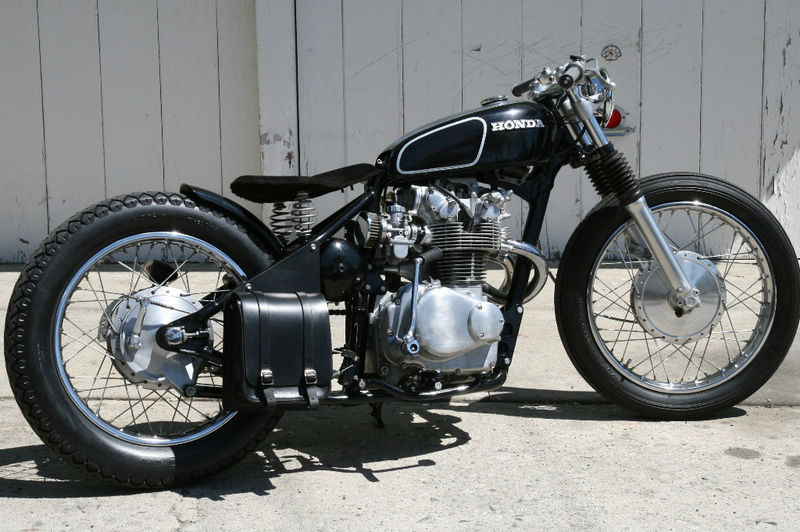

The whole voltage issue is similar (does not matter) but for different reasons. PS Unlike the CB's discussed above which are mechanical devices, there are now semiconductor or solid state CB's. Now there are other important issues between 12 volt and 24 volt equip that are important but not the CB's. Volt rating (as long as its less than 30 volts) is not critical. In a jet with DC and AC equipment the CB's are the same.īottom line you just need to worry about amps. The reason is it is easier to interrupt AC (alternating) than DC (direct) current. In fact a CB will work with AC current as well as DC, but can work at even higher voltage. A static spark will not kill you or trip a CB. You can have all the force you want but with out the actual flow or water its not an issue.Ī static spark can be 1000 volts but it does not kill you, because it has lots of potential but does not have any flow or volume (amps) behind it. Using the water analogy, AMP is the flow or volume of the water, VOLT is just the pressure or force potential behind the water. The CB is protecting amps not volts in other words. There are practical limits in volts but it has more to do with the insulation than the wire area. At 1000 volts and 1 amp the wire is cool. Think of it this way, you can run say 1000 volts at 1 amp thru a 20 awg wire it is not a problem, but try to run 100 amps at 12 volts in a little 20 awg wire, you will have heat, smoke and sparks. I recommend Texas Instrument Klixon or Eaton brand CB's. It can handle more volts but not for 50,000 cycles (trips) which they usually are rated for. The rated volts of CB's are for endurance test specs for repeated trips. Below the max interrupt voltage, amps are amps as far as the CB goes. A voltage well above the 30 volts rating you can cause extream arching inside the CB, which could affect its ability to trip or damage it. The only time voltage is critical to the CB (within reasonable limits) is when it actually has to "interrupt" or trip. Less than 30v, voltage is not an issue and does not affect the rated AMP. Most CB's (quality aircraft CB's) are rated to "interrupt" at say 30 volts max. There are volts limits in CB's but it does not affect the AMP rating. The strong spring force moves or breaks the switch contacts open FAST, reducing arching.

The current either heats a bimetallic strip or in other types increases an electromagnetic to the point it trips a lever, that than releases a "mouse trap" type spring loaded switch, opening the cuircuit, "POP" or "SNAP!". CB's (like the ones in our planes) do their job with mechanisms, springs and bimetallic or magnetic latches. CB's are fuse are totally different in that a fuse will disintegrate to protect the wiring but the job is the same. Logically your math sounds correct but that is not how CB's (or fuses) work. The circuit breaker's job is to cut off the circuit whenever the current jumps above a safe level. Not a dumb question at all and a common misconception. Can I use 24V circuit breaker on a 12V system? Is it as easy as saying a 1 amp (24V) circuit breaker is equivalent to a 2 amp (12V) or is there more to it? I can?t find anything on books about it. My question is the following: I have access to 24V circuit breakers for a very reasonable price. I am also leaning toward using circuit breakers vice toggle switches. As of right now I am thinking about using a 12V system on my aircraft.


 0 kommentar(er)
0 kommentar(er)
